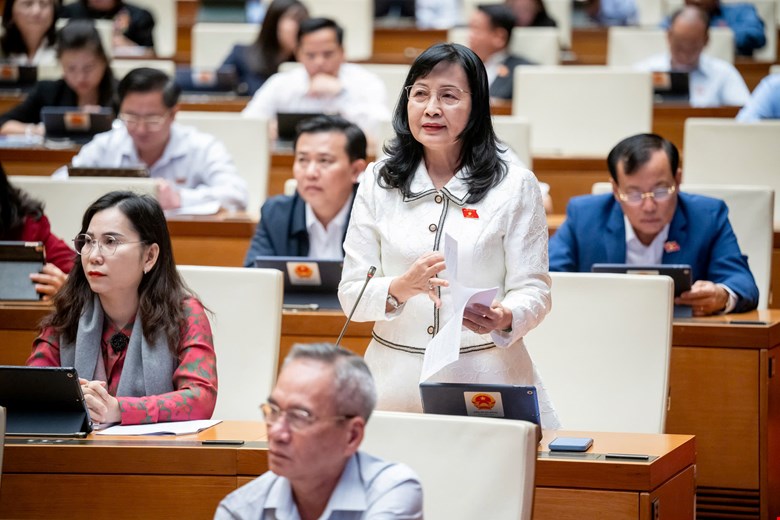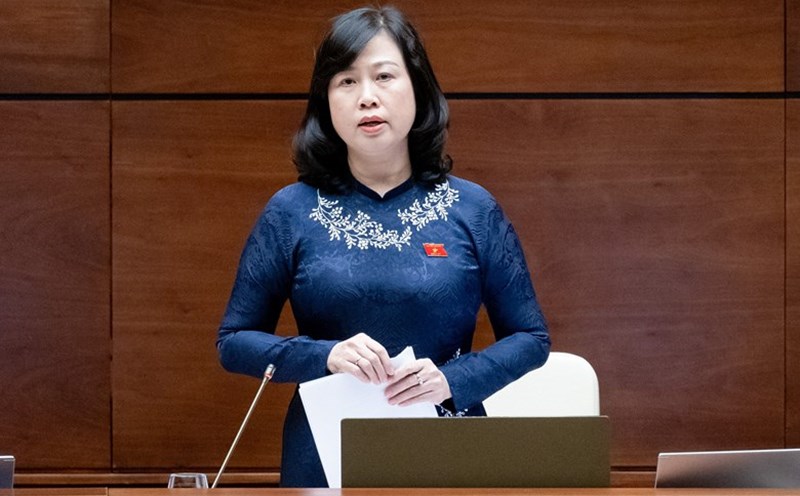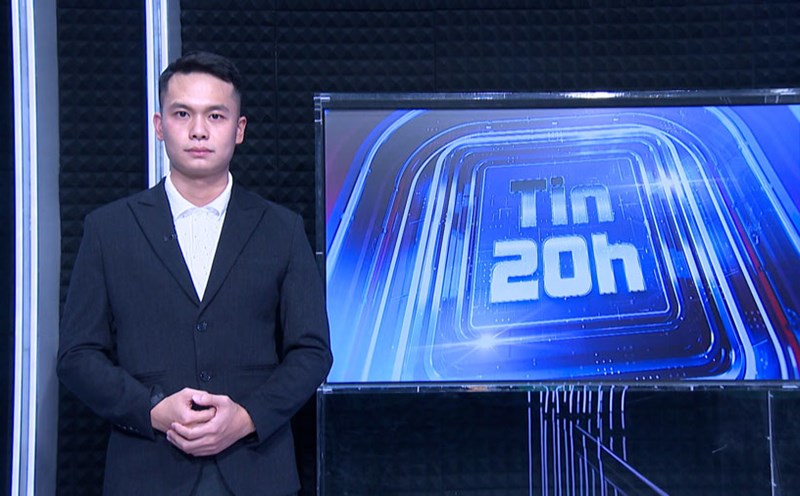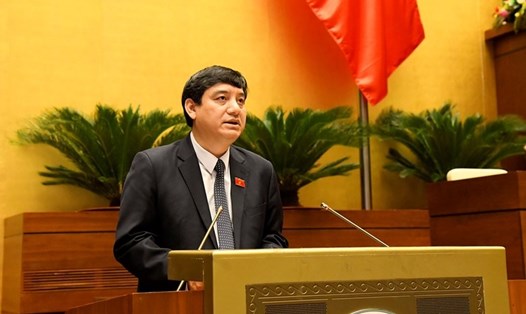On October 29, discussing the draft revised Law on Value Added Tax, National Assembly delegate Bui Hoai Son (Hanoi Delegation) said that despite the achievements in recent years, we cannot be "ridiculously optimistic" about the country's cultural development.
The delegate raised the phenomenon of cultural trade deficit, negative impacts from films, songs, and lifestyles. "We cannot just look at 1 or 2 films by Tran Thanh and Ly Hai earning several hundred billion VND and think that the entire Vietnamese film industry is bright. In reality, there are dozens of films that are making net losses," the delegate said.
Delegate Bui Hoai Son said that this is a period when it is very necessary to "revive the people's spirit" for an era of national development. Therefore, it is very necessary to support and encourage the creation of cultural products by Vietnamese people, for Vietnamese people, for Vietnamese people. Thus, there will be more love, trust and pride in the cultural development of the nation. This is the reason why delegate Bui Hoai Son wishes to create conditions related to value added tax for literary and artistic products.
"Taxes should not become barriers to patriotism, national pride, and the desire to develop the country," delegate Bui Hoai Son stated his opinion.

Regarding the subjects applying the 5% tax rate, delegate Tran Thi Thu Dong (Bac Lieu Delegation) proposed to maintain the current regulations on applying the tax rate to cultural activities, exhibitions, physical education, sports, performing arts, film production, film import, film distribution and film screening.
In the draft revised Law on Value Added Tax, the scope of tax incentives has been narrowed, focusing only on traditional and folk performing arts.
According to delegates, this will reduce people's access to cultural and sports products, especially public activities such as museums, libraries and grassroots cultural events.
Regarding the policy of exempting import tax on relics, antiques and national treasures, delegate Tran Thi Thu Dong said that this is necessary to encourage the repatriation of valuable cultural assets of Vietnam.
Currently, many countries in the world have applied preferential import tax policies for valuable antiques to preserve and promote national culture.
However, the current draft law only exempts value added tax on relics, antiques, and national treasures imported by competent state agencies, ignoring organizations and individuals.
"Here, we still have a distinction between the state and the private sector in the field of cultural heritage," the delegate said.
Regarding the repatriation of antiquities to Vietnam, especially those of Vietnamese origin, proving the traditional cultural and historical values of the nation, delegate Tran Thi Thu Dong suggested that both the state and the private sector should benefit because those who care about and invest in this subject are people who love culture and are passionate about culture.
Therefore, the female delegate also proposed that private collectors should be given preferential treatment in the form of no tax when they repatriate antiquities for protection. Tax should only be imposed when they trade domestically to encourage them to join the state in repatriating those antiquities.
"Avoid the mindset of banning if you can't manage it, creating barriers for organizations and individuals to express their love for national culture, including cultural heritage," said delegate Tran Thi Thu Dong.









